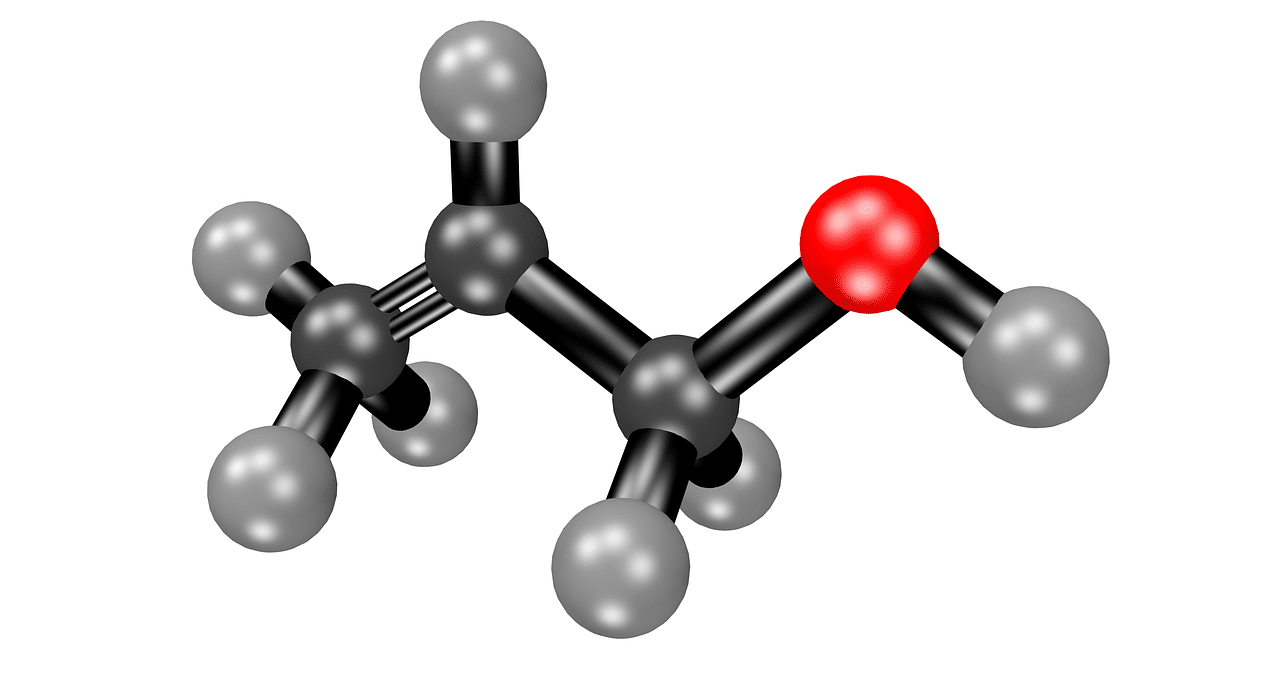
Acetone is part of the group of ketones.
Acetone is a liquid that is part of the group of ketones : organic compounds that have a carbonyl-type functional group linked to a pair of carbon atoms. This liquid, which lacks color , is usually used as a solvent and in the production of different elements.
Acetone has a particular aroma and a sweet taste. It is a volatile compound, whose evaporation occurs easily. Acetone is soluble in contact with water and, on the other hand, is flammable .
For the industrial manufacture of acetone, it is common to resort to a process that involves hydrolysis and that makes it possible to produce, as a co-product, another substance called phenol .
natural acetone
People with diabetes and other diseases often have acetone in their urine. This is because, as the cells do not have the necessary amount of insulin , the body cannot transform glucose into energy and uses fat for this purpose. Thus, acetone appears in the blood and then reaches the urine.
Nature , on the other hand, produces acetone in various plants. Gases from volcanoes and smoke from forest fires and tobacco are other sources of acetone.
Its use
Acetone, on the other hand, can be used to produce nail polish remover since, due to its characteristics, it allows nail polish to be easily removed from the nails.
Also due to its properties, this chemical compound is used to make stain removers. Various medications and plastics are other products that include acetone among their components.

Exposure to high levels of acetone can cause nausea and other disorders.
Risks of contact with acetone
The health of human beings can be compromised by exposure to acetone, and this can occur in various ways:
- Through breathing, since low levels of acetone can exist in the environment without us knowing it.
- Also inhaling it, but at high levels, something that can occur in factories or when using certain chemicals such as paint, nail polish and household hygiene items.
- Eat food, drink liquids or directly touch any product that contains acetone.
- In the case of children, they often put dirt or sand in their mouths while playing in public parks, and this can lead to them involuntarily consuming acetone, especially if they are near a toxic waste dump .
- Through tobacco smoke, either directly or indirectly.
Symptoms of exposure
Taking into account the situations in which we can come into contact with acetone, let's see how this compound affects our health. After exposure to acetone, it reaches the blood, the medium that transports it to all our organs . If we breathe at moderate to high levels, even for a short time, some of the following symptoms may appear:
- Damage to the respiratory system and eyes.
- Dizziness, difficulty thinking clearly, and headaches.
- Increased heart rate.
- Vomiting or nausea:
- Loss of consciousness with risk of coma.
- Women may experience alterations in their menstrual cycle, more precisely that its duration may be shortened. Furthermore, if exposure is very prolonged and the levels are very high, the chances of birth defects in their future children increase.
Similarly, after ingesting acetone orally, similar symptoms may occur, including lesions on the skin of the mouth. It is important to note that there are certain signs of the presence of acetone in the air, which can help us move away from a place with excessive levels: burning eyes and irritation of the nasal passages are two clear examples.
